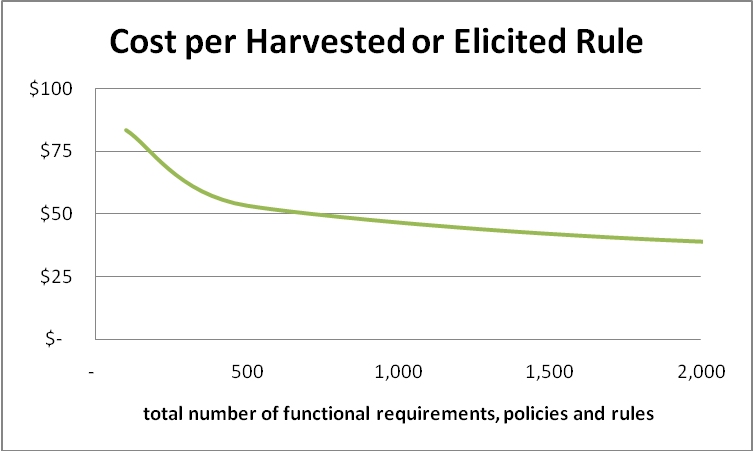In the spring of 2012, Vulcan engaged Automata for a knowledge acquisition (KA) experiment. This article provides background on the context of that experiment and what the results portend for artificial intelligence applications, especially in the areas of education. Vulcan presented some of the award-winning work referenced here at an AI conference, including a demonstration of the electronic textbook discussed below. There is a video of that presentation here. The introductory remarks are interesting but not pertinent to this article.
Background on Vulcan’s Project Halo
From 2002 to 2004, Vulcan developed a Halo Pilot that could correctly answer between 30% and 50% of the questions on advanced placement (AP) tests in chemistry. The approaches relied on sophisticated approaches to formal knowledge representation and expert knowledge engineering. Of three teams, Cycorp fared the worst and SRI fared the best in this competition. SRI’s system performed at the level of scoring a 3 on the AP, which corresponds to earning course credit at many universities. The consensus view at that time was that achieving a score of 4 on the AP was feasible with limited additional effort. However, the cost per page for this level of performance was roughly $10,000, which needed to be reduced significantly before Vulcan’s objective of a Digital Aristotle could be considered viable.
Continue reading “Background for our Semantic Technology 2013 presentation”


